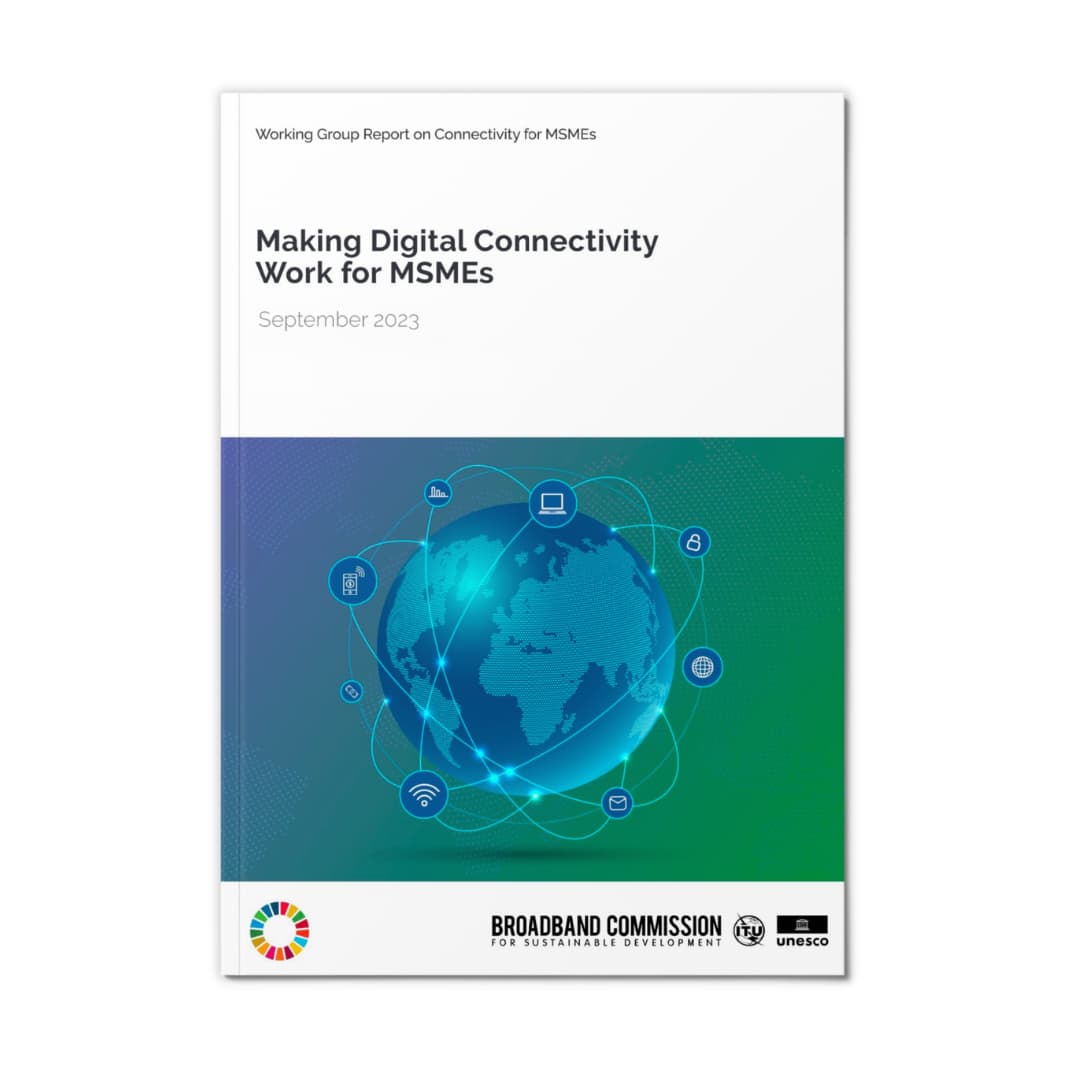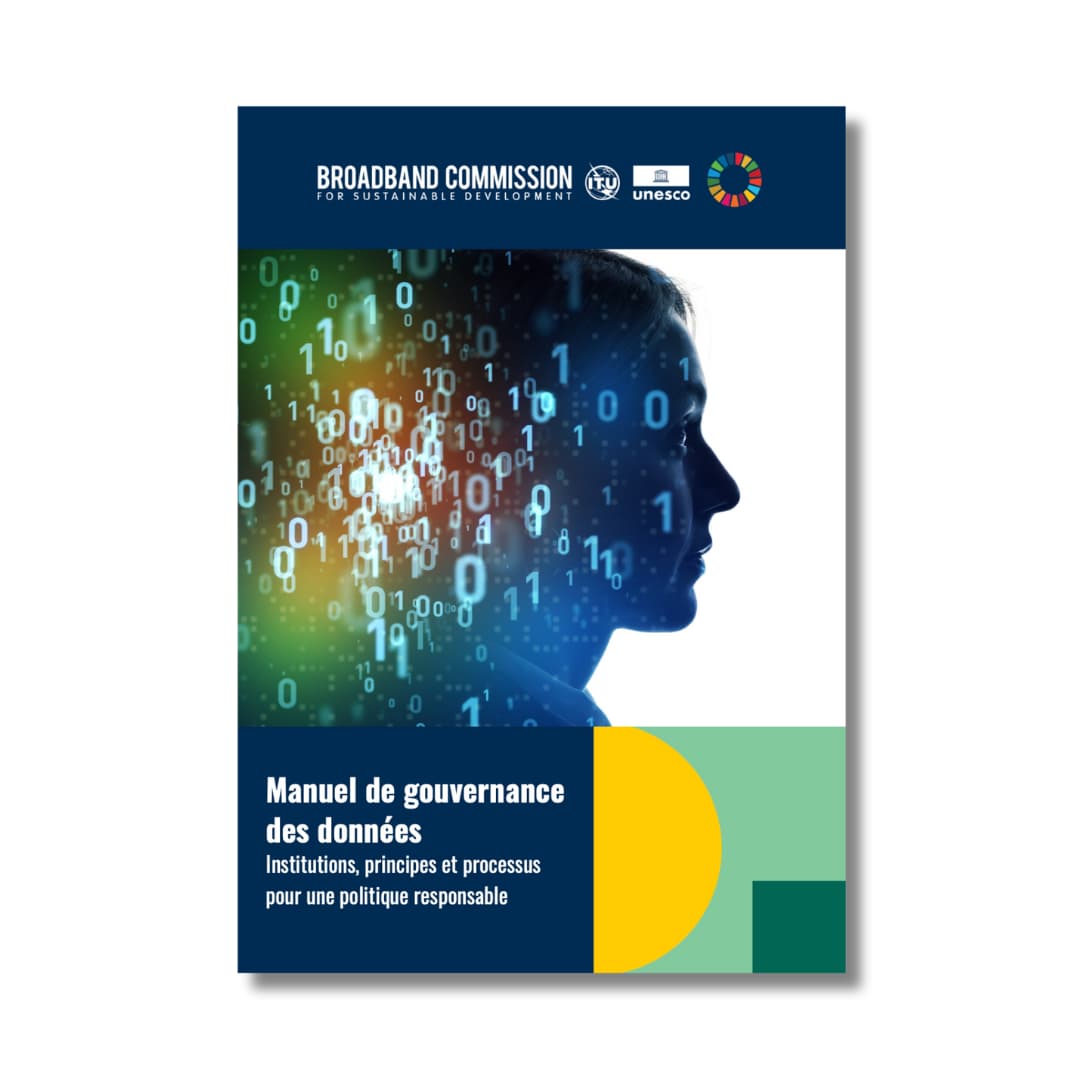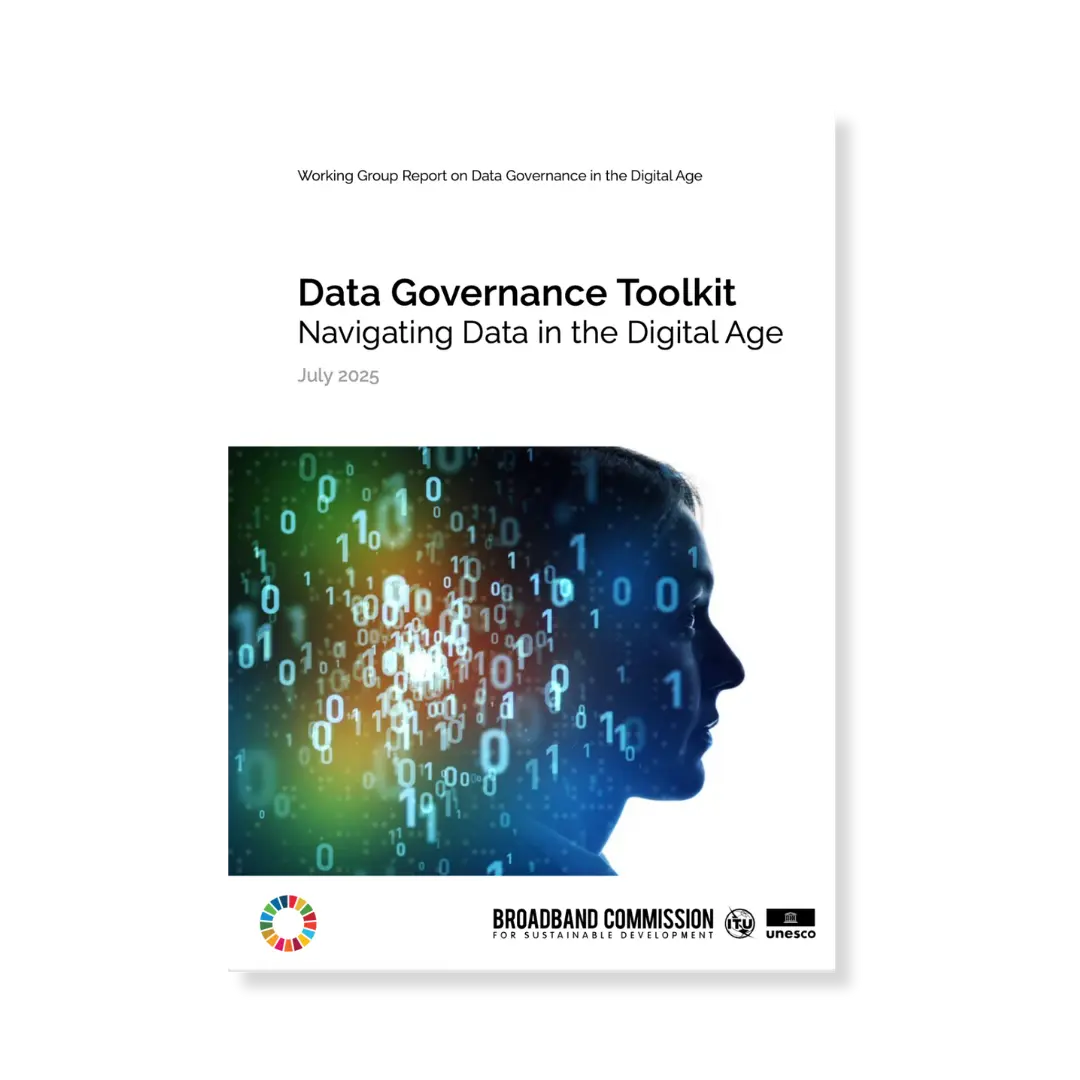The following report was developed by the Working Group on Connectivity for MSMEs, which has sought to define the key challenges and opportunities associated with MSME connectivity and its enablement in low- and middle-income countries (LMICs). The working group relied on input from its members, interviews, desk research, and studies provided by its co-chairs: the ITC study on MSME connectivity in Francophone Africa, and the GSMA study on the use of mobile connectivity by women micro-entrepreneurs in LMICs.
MSME connectivity is a journey through several stages of connectivity. While micro-enterprises rely on individual connectivity to conduct business and engage in online trade, larger enterprises require more advanced connectivity and ‘digital enablers’ such as webhosting, platforms and digital financial services. MSMEs face several barriers to leveraging digital connectivity, related to access, affordability, relevance, knowledge and digital skills, as well as safety and security. Women micro-entrepreneurs are heavily impacted by the social norms and structural inequalities of their respective regions and stand to benefit from approaches to advance digital connectivity that are gender inclusive.
Overall, increasing MSME participation in the digital economy will require stakeholders such as governments, international organizations, companies, and NGOs, to fully participate in facilitating this trajectory: closing connectivity gaps; creating digital enablement to drive awareness and usage, and programmatically supporting underserved and marginalized communities.



